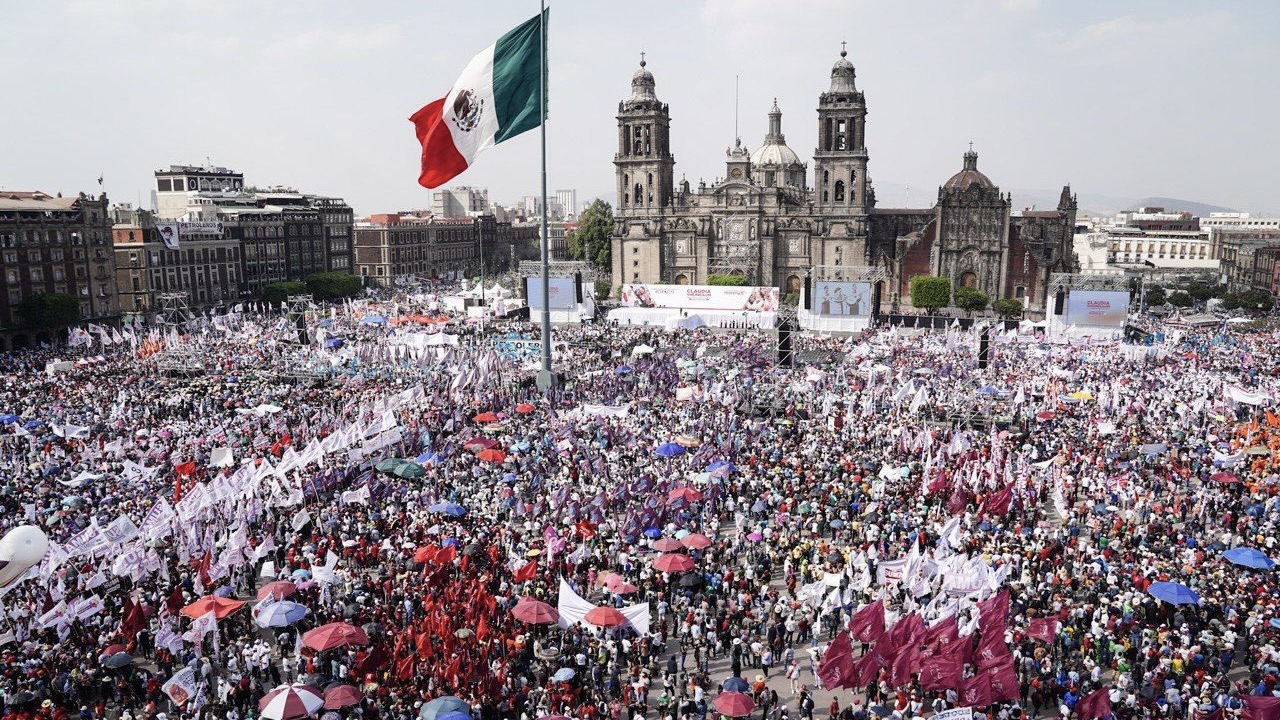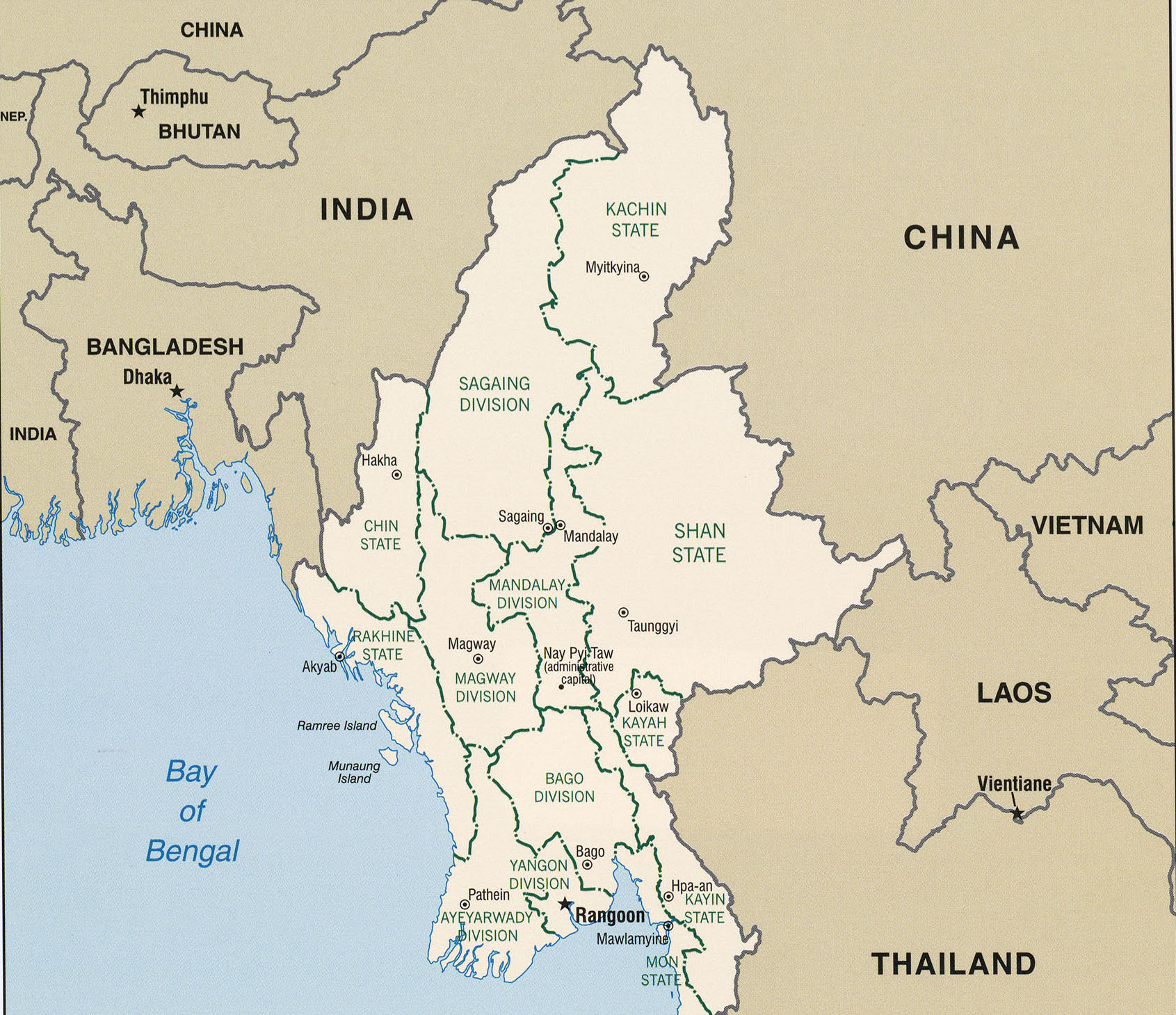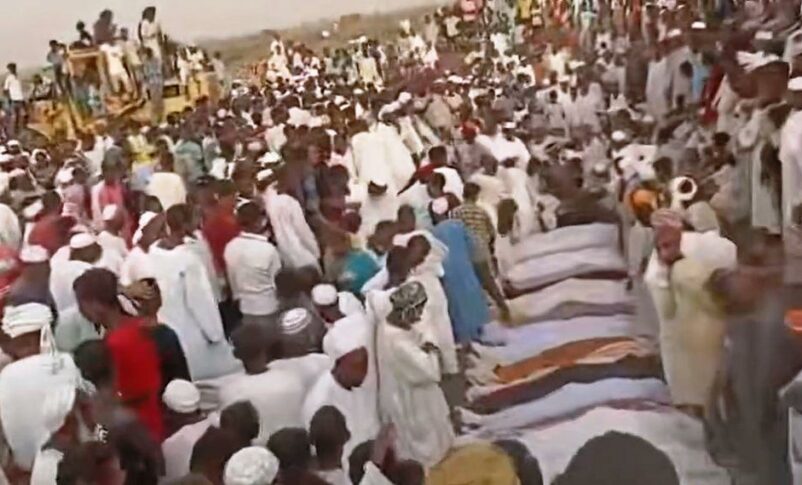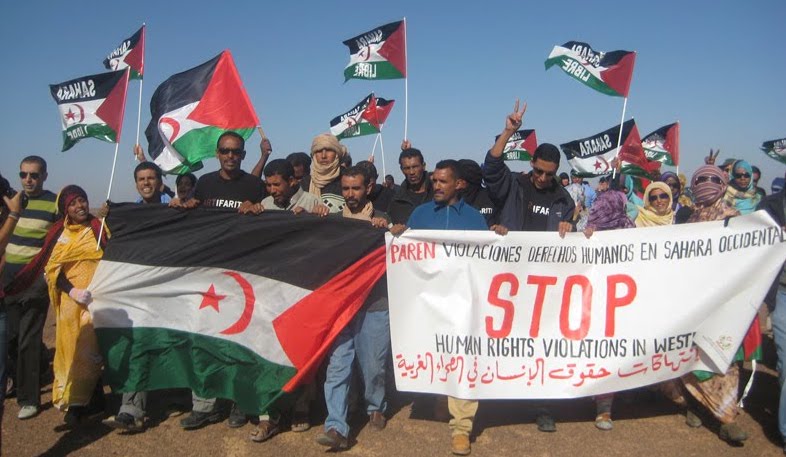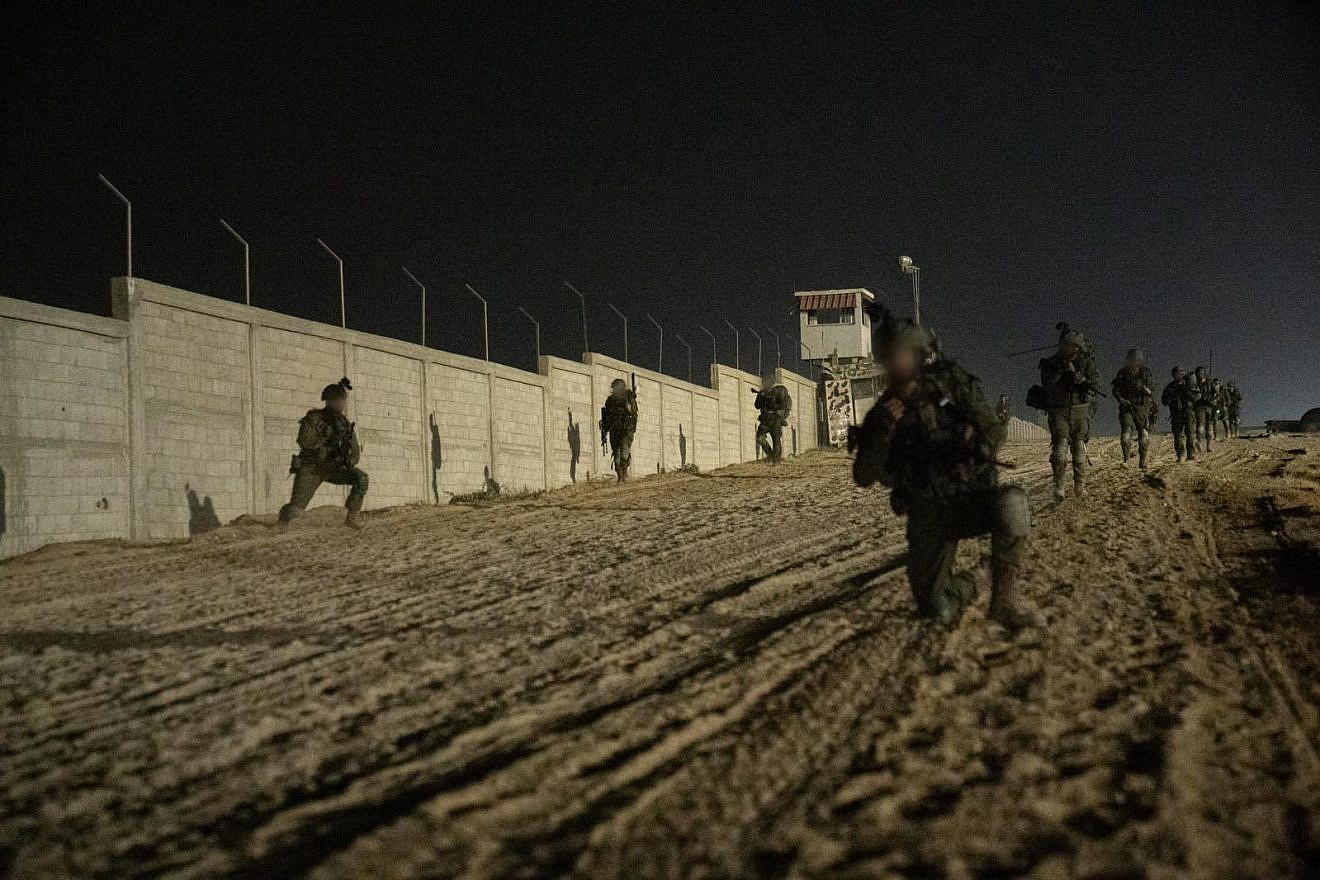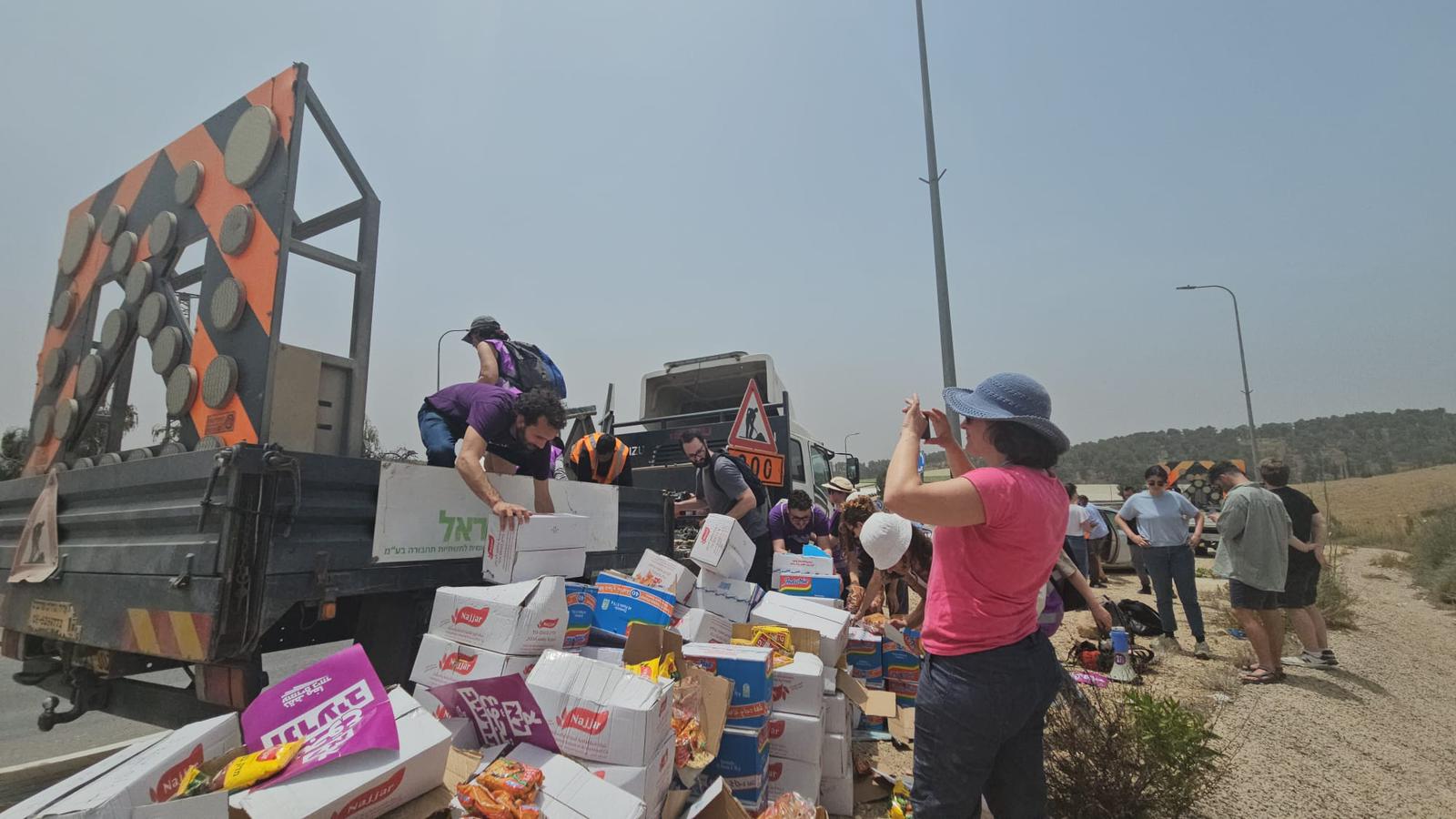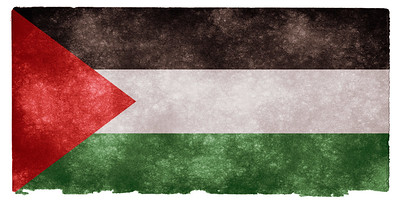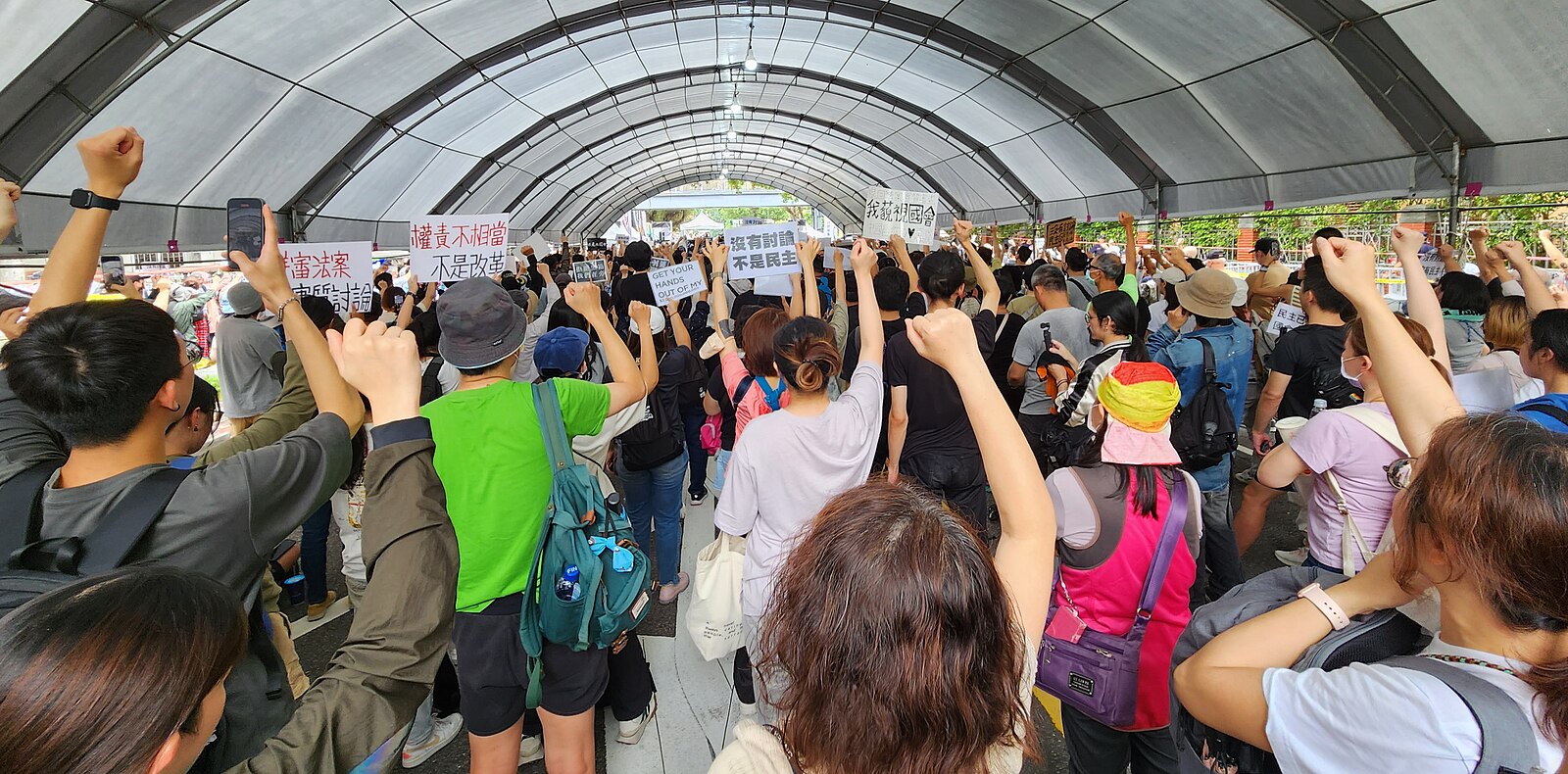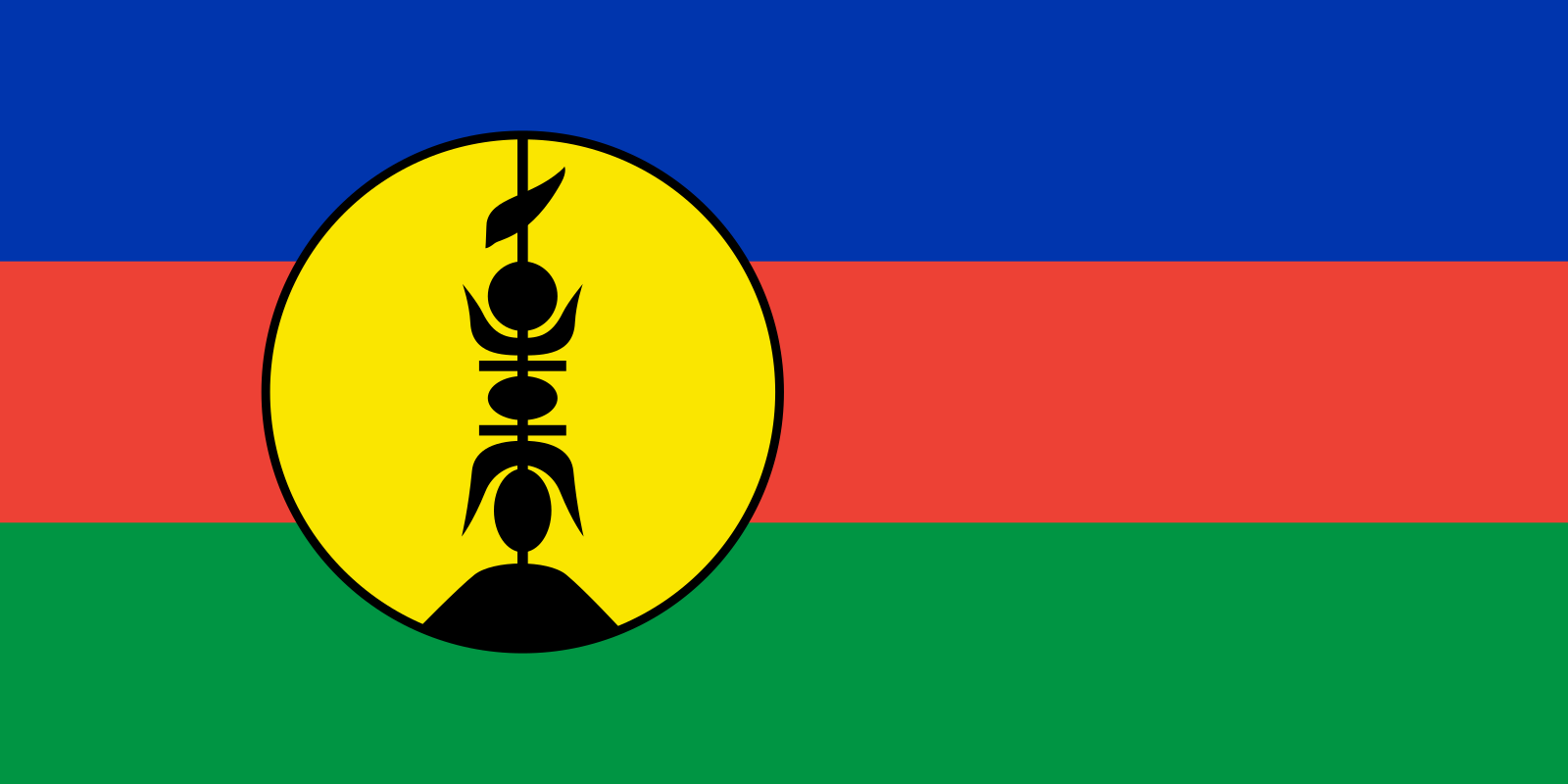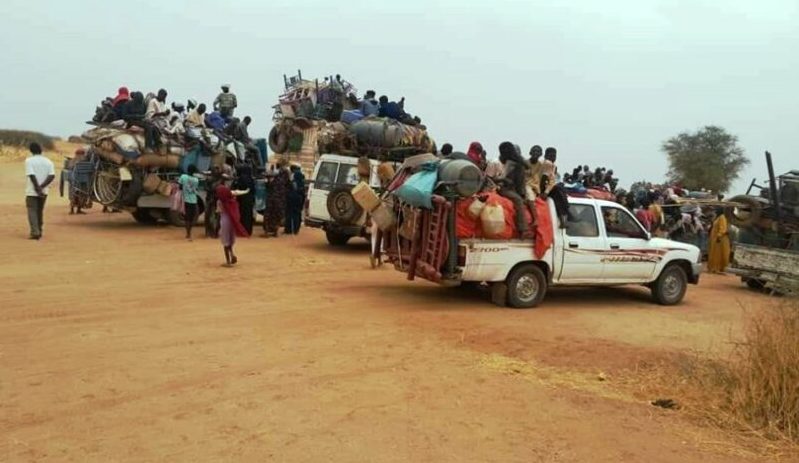
Sudan: mass exodus from El Fasher
A mass exodus of civilians from El Fasher, capital of Sudan’s North Darfur state, is underway as the army and paramilitary Rapid Support Forces (RSF) battle for control of the city. The month-long RSF siege of El Fasher has resulted in hundreds of casualties and triggered the massive wave of displacement, with an estimated 28,000 people fleeing their homes over the past weeks. Those fleeing have recounted harrowing experiences of escalating violence and dire living conditions. (Photo: Sudan Tribune)



